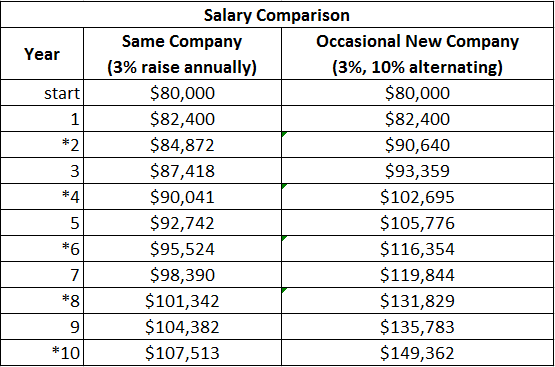The Cloud. I can’t decide if the next generation will know infinitely more about how it works than the previous, or if the functionality will be so abstracted away from the user that many live their lives thinking of it as a literal cloud.
As Quentin Hardy notes, use of the cloud has become ubiquitous, and many corporations and individuals depend on the use of cloud computing for much of their daily operation. It is such a massive portion of the economy and so it is dreadfully important to ensure that it continues to be an accessible option.
Personally, I’m currently working on designing a home security system with an internet of things (IoT) protocol called MQTT connecting all of the devices, and the MQTT server is a cloud based server. The user of the home security system can access all of the cameras in their home, unlock any doors that are connected, and eventually would be able to control anything else in their home which they wanted to connect to their phone. This example shows two of what I think are the most important things to consider when discussing the cloud: convenience and security.
Convenience. Whether or not you think that excess convenience will eventually lead to us all ending up like the fat people in Wall-E, it is undeniable that most of us really enjoy the benefits that cloud computing have given us. Remember when getting a new phone used to mean having to post on Facebook asking everyone to please send you a text so you could get their number? You probably forgot that used to happen, because your contacts are likely stored in the cloud. If you have ever streamed a live event, you probably also were enjoying the benefits granted by the cloud. In my personal example, the user is enabled to control anything in their house they could reasonably want to control from their phone, no matter where in the world they are (so long as they have access to the internet). I have saved all of my most important documents to Dropbox, so I can access them from any device, anywhere, at any time. This convenience is phenomenal, but it does come with a price.
Security. As this article on the ACM website explains, data confidentiality is extremely important, and requires a lot of trust from the user. There are multiple layers of security which must be ensured for successful cloud computing, but at the end of the day the user has to trust on faith alone that their data is safe from any threats internal to the cloud service provider. The authors of the article explain that every layer of security is quite capable of being sufficiently secured, but this may or may not convince the end user. Perhaps the convenience that accompanies use of the product coupled with a small enough measure of doubt is what prompts the user to adoption. However, with the “fail fast” model in Silicon Valley, and the rise of the “minimum viable product,” it is easy for many companies to develop airtight security measures as one of the last add-ons, especially if they are a younger company with little expertise.
To quote Uncle Ben: “With great power comes great responsibility.” Cloud-based service providers are a perfect example, where they have great power over gaining users because of the wonderful benefits they often provide, but they must exercise extreme responsibility to ensure that the use of the cloud continues to be ubiquitous, and is not endangered by poor security measures.
